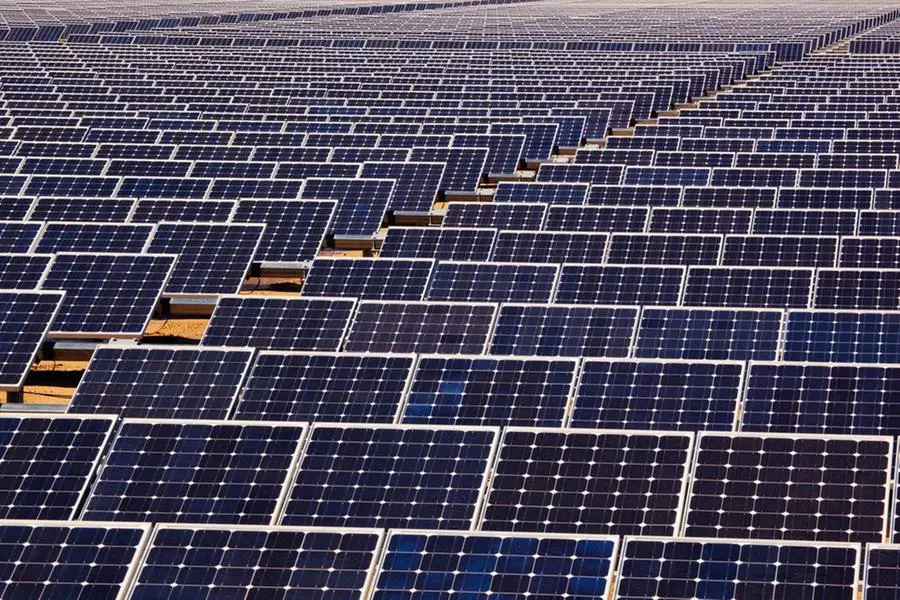PHOTO
The UAE has launched a new programme to finance renewable energy projects in Africa.
The Etihad 7 program launched by the Emirates will secure financing for renewable energy projects in Africa, and aims to provide clean electricity to 100 million people by 2035, according to a tweet from the UAE Media Office.
Commenting on the initiative, Sheikh Shakhboot bin Nahyan Al Nahyan, Minister of State, Ministry of Foreign Affairs and International Cooperation, said: “United by economic, cultural, political, and people-to-people ties, our two regions are inextricably linked, with enormous potential for further cooperation in the years to come. One of the keys to unlocking that potential, supercharging Africa’s economies, and allowing millions of people to contribute to building a prosperous continent is electricity–specifically, renewable energy."
The initiative will help African nations meet fast-growing energy needs without the corresponding surge in greenhouse gas emissions.
According to the minister, the UAE already has many agreements in place with Sub-Saharan African partners under Etihad 7 to join them in pursuing their clean energy and economic aims.
“Etihad 7 is a truly collaborative program, one that acknowledges and adapts to the needs and requirements of our partner nations…The UAE deeply appreciates the contributions of all African nations in this shared journey of development, and we in the UAE look forward with enthusiasm and optimism to a future in which our countries channel our cooperation into creating new avenues for our peoples to thrive,” Sheikh Shakhboot said.
About half of sub-Saharan Africa’s population today does not have access to electricity.
Those who do have electricity pay on average nearly twice as much as consumers elsewhere in the world. Power shortages cost the continent about 2 to 4 percent of GDP a year, according to data from the IMF.
Given that the population in sub-Saharan Africa is expected to grow from 1 billion in 2018 to more than 2 billion in 2050, the demand for electricity is projected to expand 3 percent a year.
The continent’s sources of energy will need to change, especially if African governments aim to achieve a healthy environment for their citizens and meet the emission limits for greenhouse gases set out by the 2015 Paris Agreement, the IMF noted.
(Writing by Seban Scaria; editing by Daniel Luiz)
Disclaimer: This article is provided for informational purposes only. The content does not provide tax, legal or investment advice or opinion regarding the suitability, value or profitability of any particular security, portfolio or investment strategy. Read our full disclaimer policy here.
© ZAWYA 2022





















